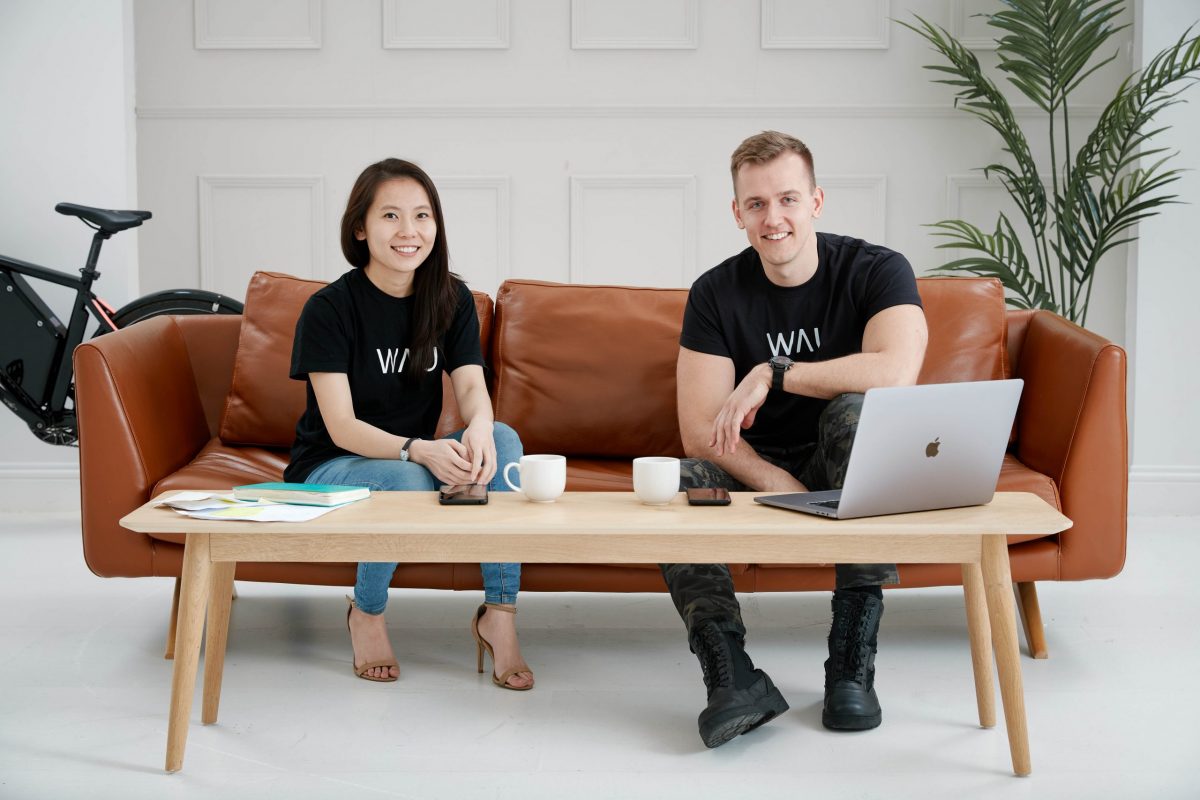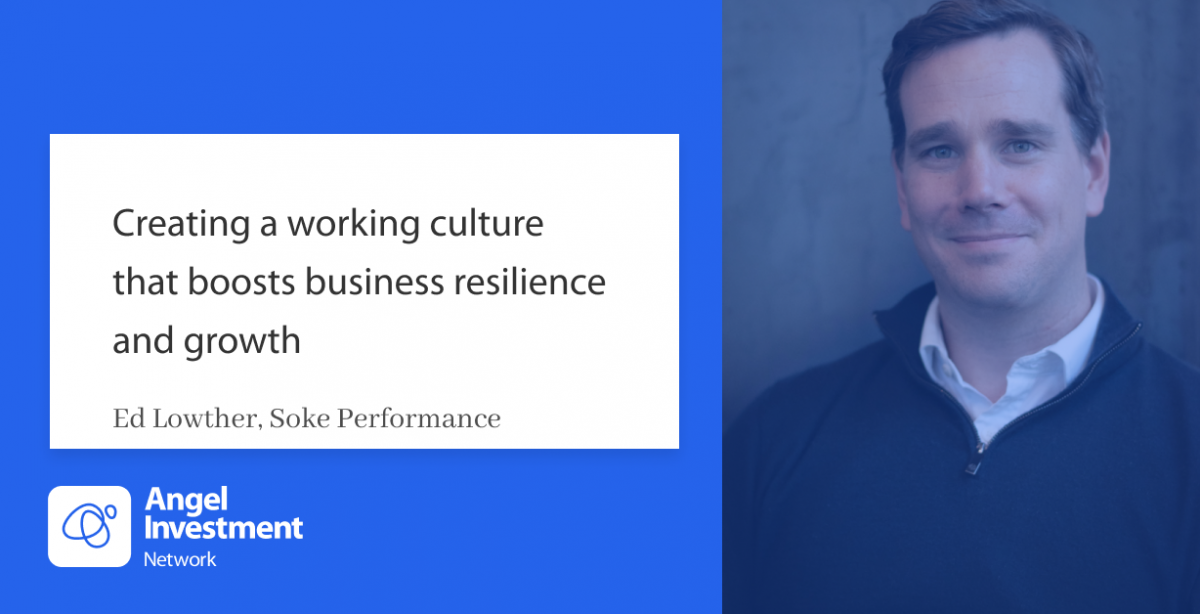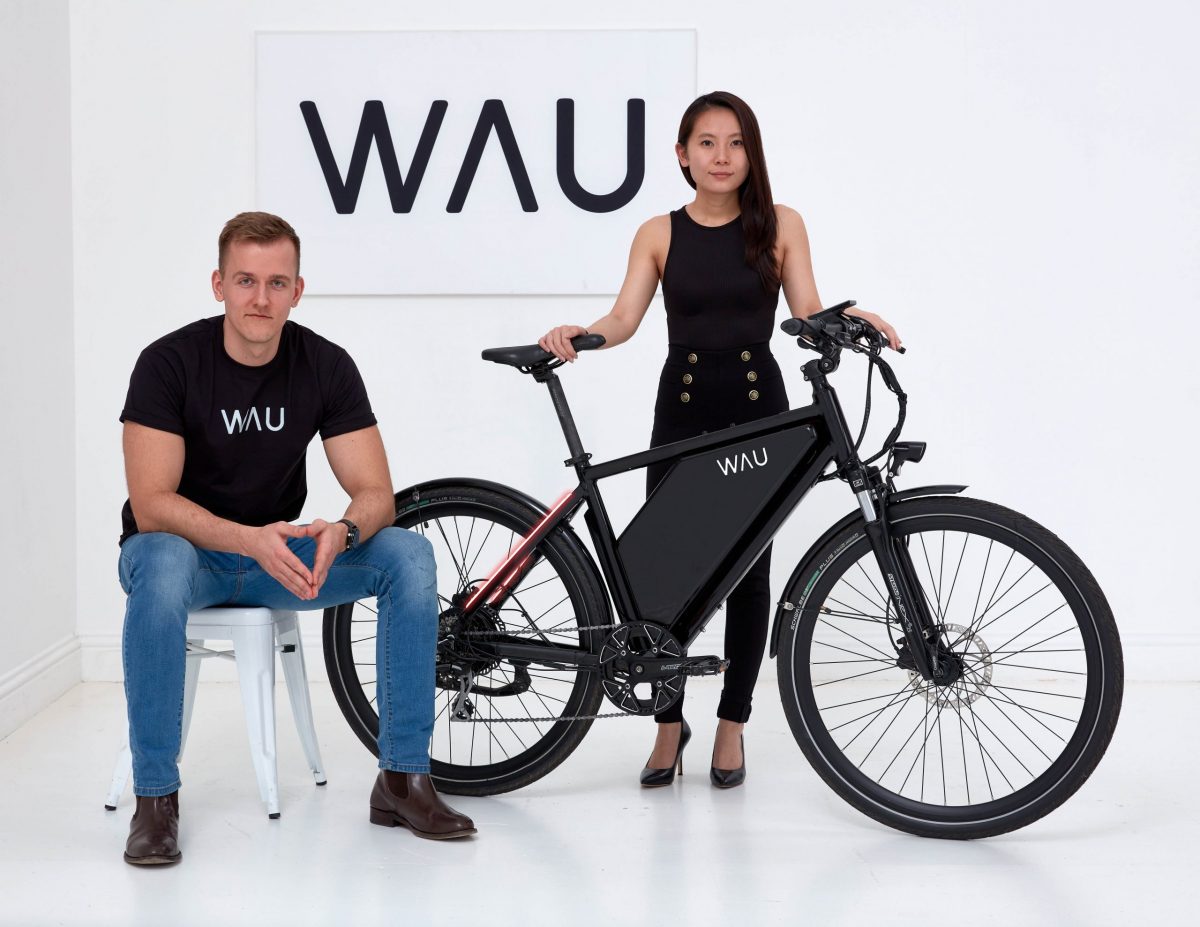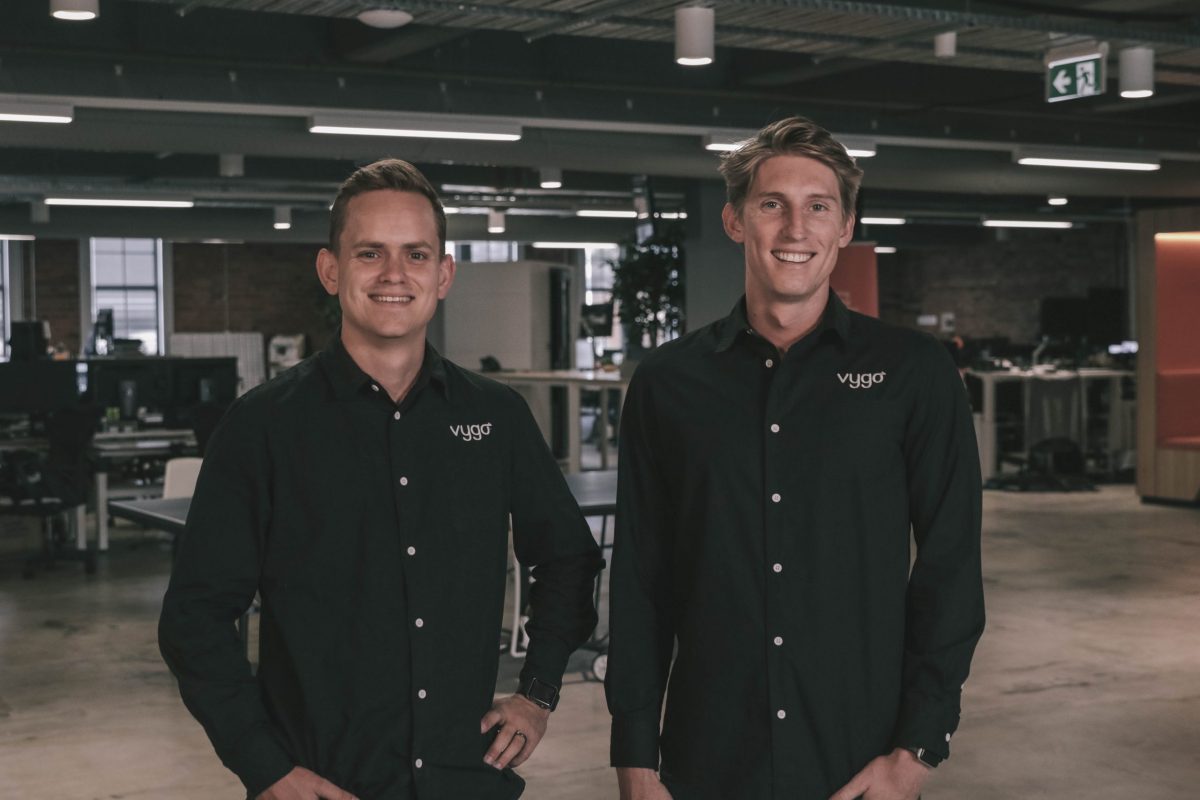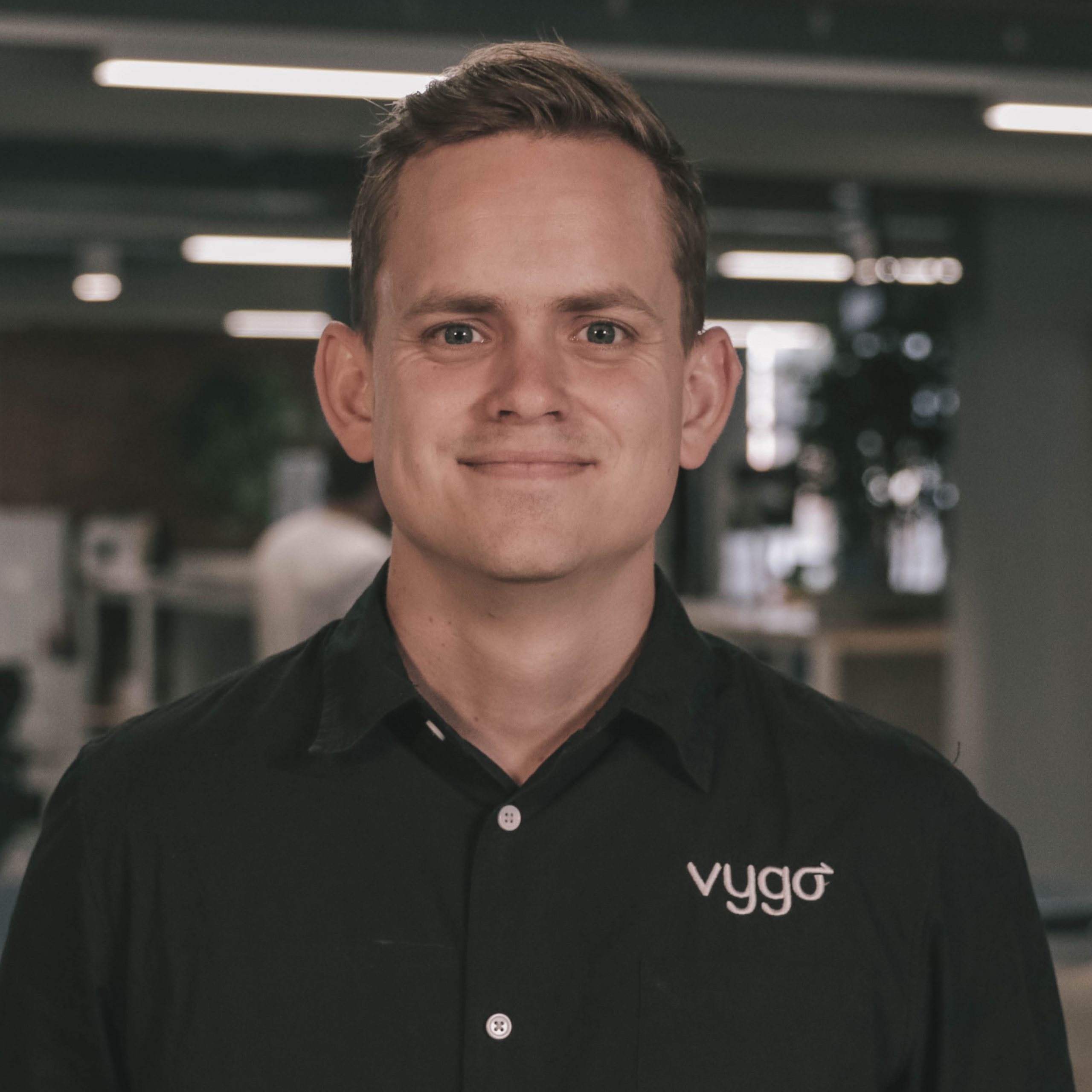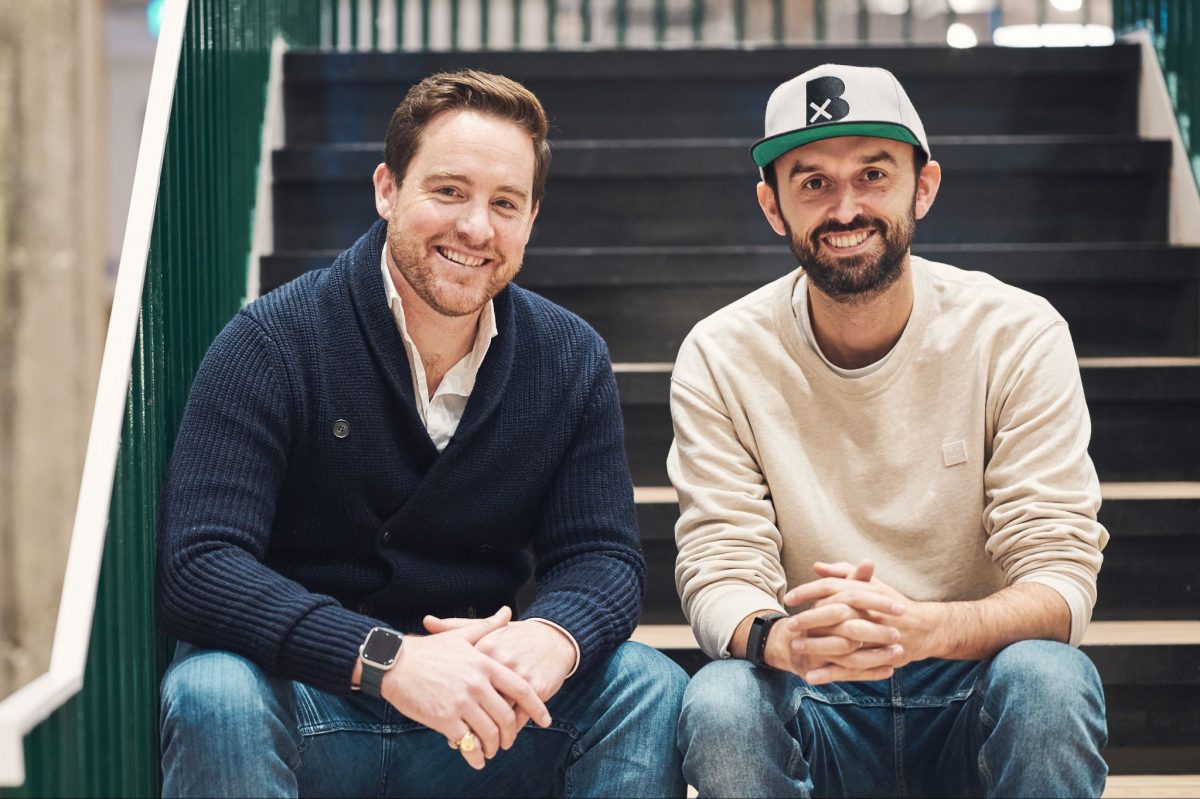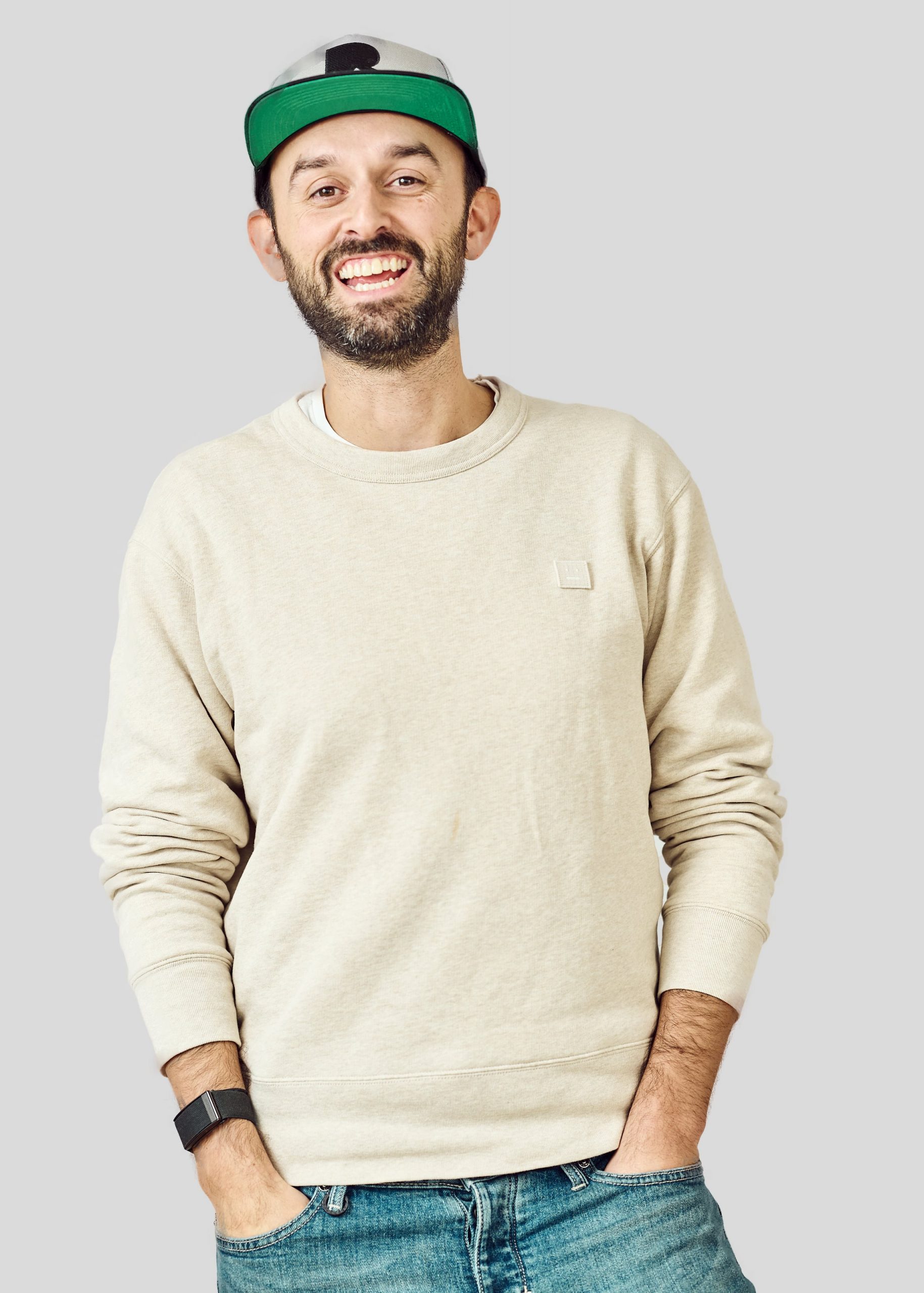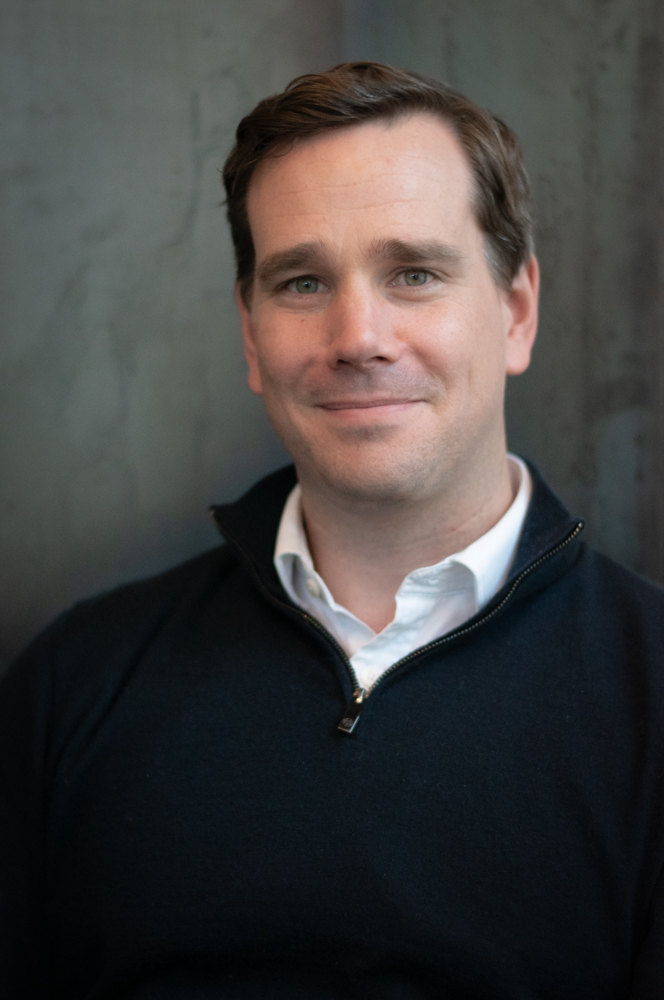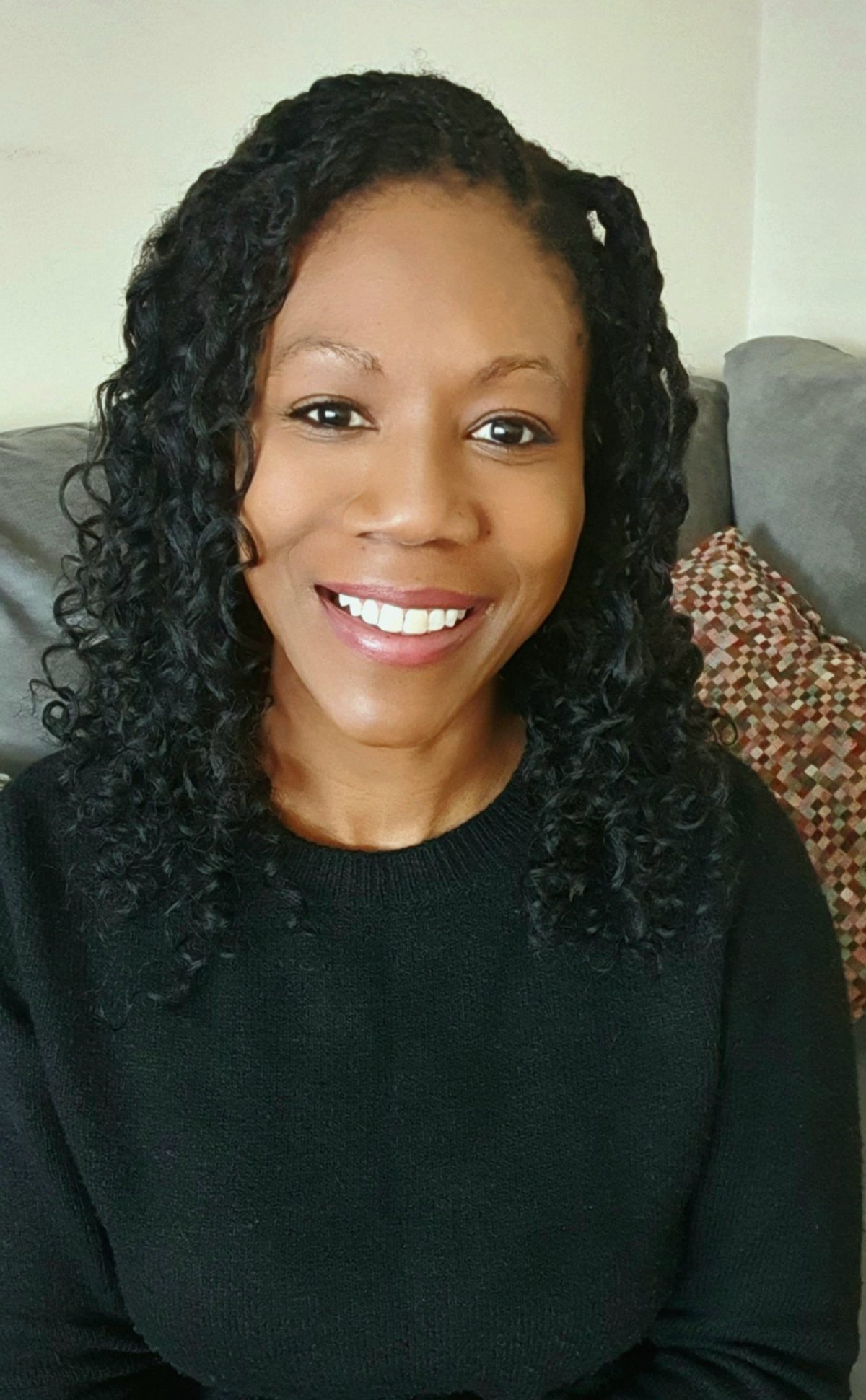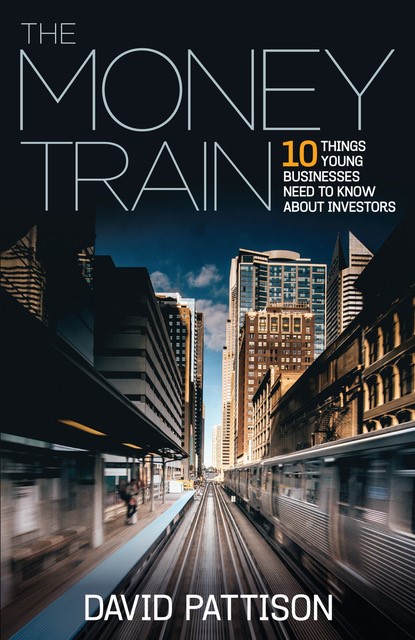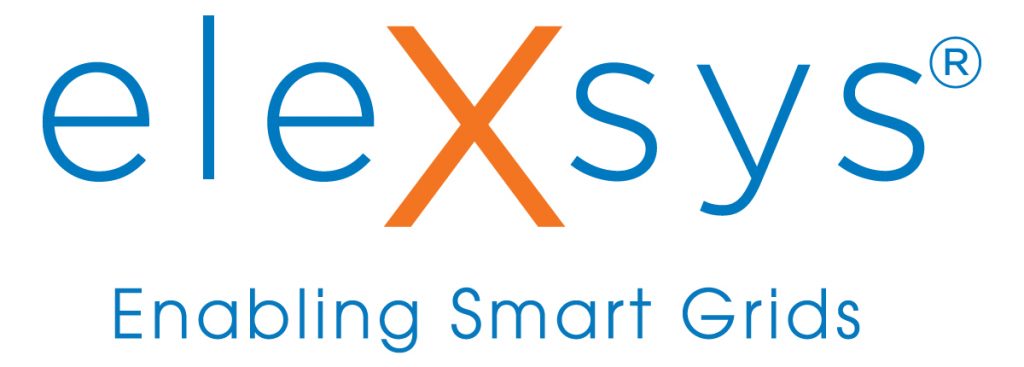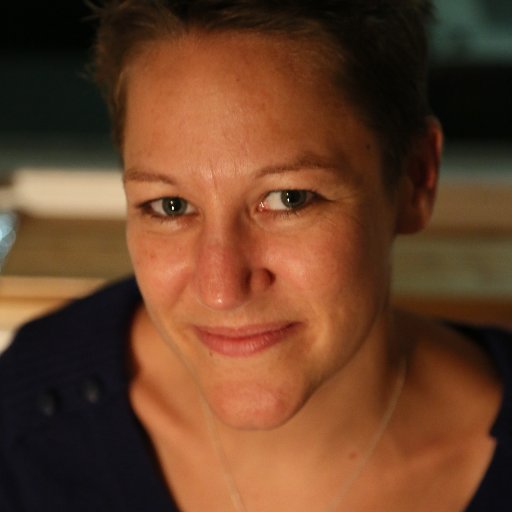For our latest Behind The Raise interview we speak to Linas Pozerskis and Crystal Drury the co-founder of smart-EV and energy storage startup WAU (We Are Universal). They talk to AIN about their mission to transform the electric bike market, top tips for raising investment and why shortening supply chains has improved the startup’s capacity to innovate.
Tell us about WAU bikes and how you both came up with the idea?
The problem we identified was that there was no 2-wheel EV platform on the planet that would take all large 4-wheel EV perks and raw sex appeal and make it portable. Our solution was to provide a powerful/portable alternative to full size Smart EVs such as Polestar, Tesla, Lucid, etc.

